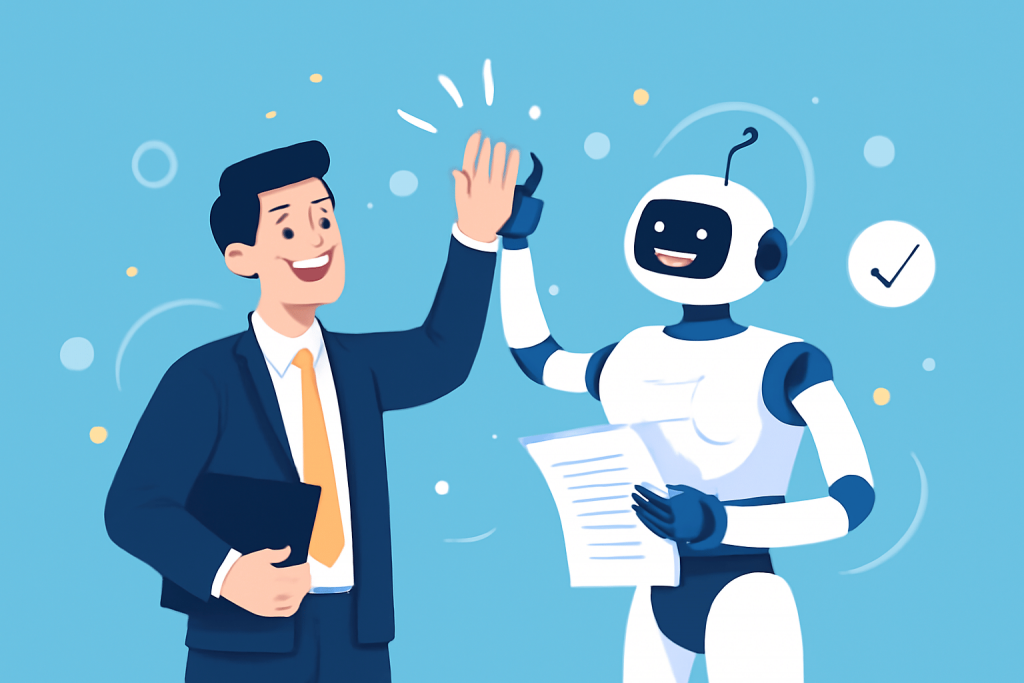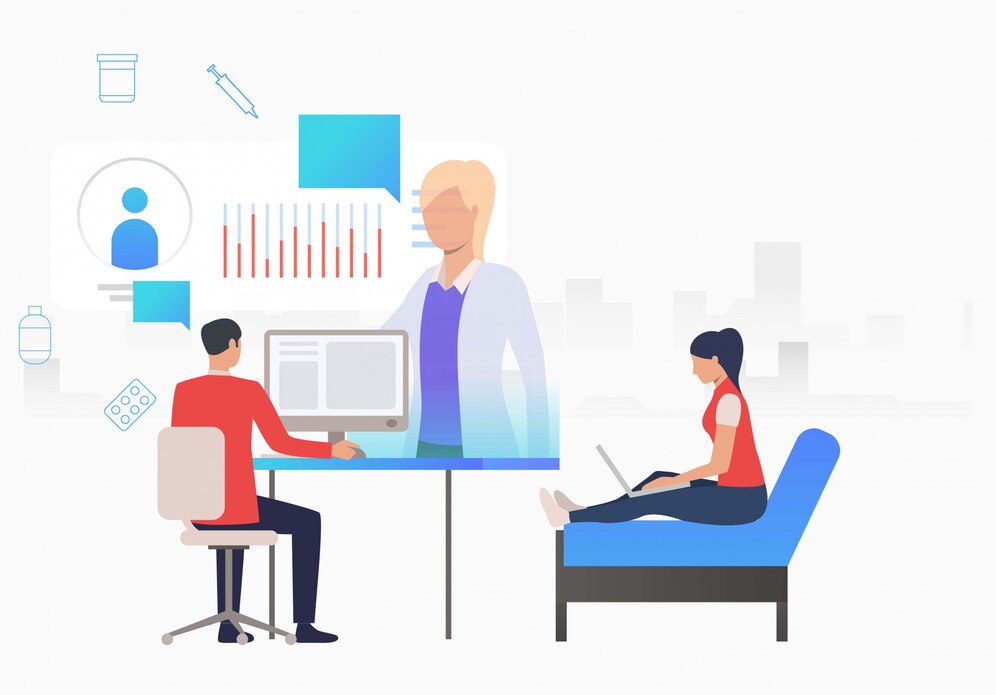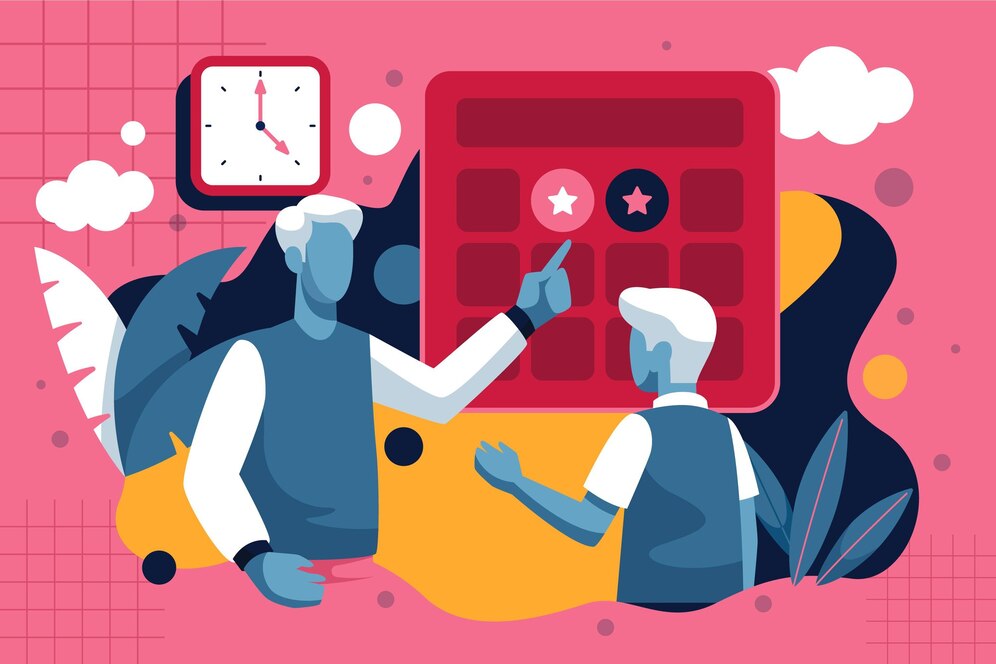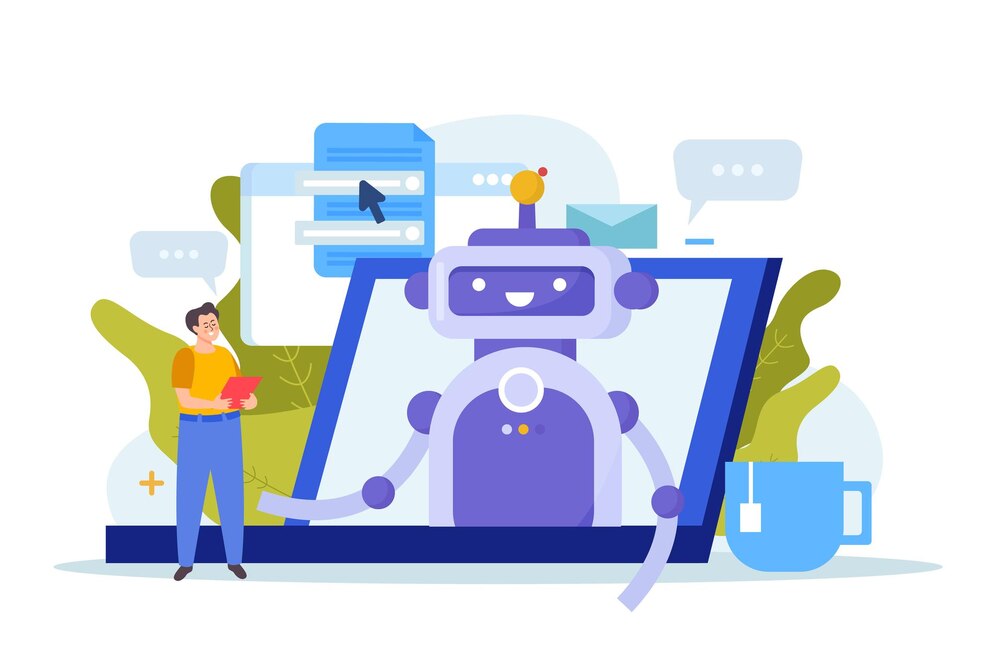For CHROs and VPs of Talent, the question isn’t whether technology will replace human recruiters. The real strategic question is: how can AI empower your human capital to build a talent pipeline that is faster, more consistent, and more defensible?
The narrative of “robots vs. humans” is a false dichotomy. It oversimplifies a critical business challenge—the need to scale quality talent acquisition while mitigating risk. Standard resume screening and unstructured interviews are no longer viable for modern enterprises. This is about moving from a chaotic, manual process to a data-driven, strategic function.
This is the imperative that AI-powered platforms like JobTwine are built to address. We’re not offering a simple video call; we’re providing a complete video intelligence platform designed to augment your most valuable asset: your people.
The Inherent Flaws of the Manual-First Approach
In a high-volume hiring environment, relying on manual processes introduces significant operational and financial risks:
Inefficiency and Time-to-Hire: The average recruiter spends nearly a third of their time on resume screening and scheduling alone. This manual, repetitive work is a primary driver of recruiter burnout and inflates your time-to-hire metrics, costing you top-tier talent who are often off the market within a week.
Inconsistent Candidate Evaluation: When every hiring manager uses their own questions and subjective criteria, you cannot ensure a consistent candidate experience or a fair evaluation process. This leads to wildly inconsistent hiring outcomes and a lack of defensible data.
Exposure to Bias Risk: Relying on human judgment in unstructured interviews and manual resume reviews creates a high risk of unconscious bias, which can lead to legal and reputational damage.
These aren’t hypothetical problems. They are quantifiable risks that impact your bottom line and your employer brand.
JobTwine: The Executive Solution to Strategic Hiring Problems
JobTwine’s AI-powered platform is designed as an end-to-end solution for these challenges, providing talent leaders with the tools to build a superior hiring machine.
1. The AI Shortlisting Agent: Solving for Volume
Your talent team should not be a resume-processing factory. The AI Shortlisting Agent automates the initial screening with a level of objectivity and speed that is impossible for humans to replicate. Instead of sifting through hundreds of applications, the AI intelligently analyzes resumes against your predefined criteria, ranking and highlighting the most qualified candidates instantly. This frees up your recruiters to focus on high-value, human-centric tasks like candidate engagement and offer negotiation.
2. The AI Smart Playbook: Standardizing Your Process
Inconsistency is a liability. The AI Smart Playbook Builder allows you to standardize interview questions, evaluation criteria, and scoring rubrics for every role across your organization. Once the playbook is built, the AI Interviewer Copilot guides every interviewer—from a seasoned recruiter to a busy department head—through a structured process. This ensures every candidate is assessed consistently, and every interview is a reliable data-collection exercise.
3. AI Smart Feedback: Driving Data-Informed Decisions
The true value of an interview is not just what a candidate says, but the actionable data you can extract. JobTwine’s AI Smart Feedback feature uses advanced analytics to translate interview conversations into objective insights. The platform analyzes speech patterns, sentiment, and content relevance, providing hiring managers with a rich, data-backed summary. This allows for a deeper, more objective comparison between candidates and provides a clear audit trail for every hiring decision.
From Cost Center to Strategic Partner
By integrating JobTwine’s AI capabilities, your talent function shifts from a reactive cost center to a proactive, strategic partner in business growth. The investment in this technology yields significant returns:
Reduced Time-to-Hire: Automation of screening and scheduling significantly cuts down the hiring cycle.
Improved Quality of Hire: Consistent evaluation and data-driven insights lead to better-fit hires with a higher likelihood of long-term success.
Enhanced Employer Brand: A professional, efficient, and bias-free hiring process builds a positive reputation in the talent market.
Risk Mitigation: Standardized processes and objective data provide a clear, defensible record for every hiring decision, reducing legal exposure related to bias.
The choice is not between human recruiters and AI. It’s between a manual, inconsistent process and a scalable, intelligent, and defensible talent acquisition strategy. JobTwine empowers your team to make smarter, faster, and more confident hiring decisions, allowing you to focus on the human relationships that truly build a world-class organization.
Executive FAQs
Q1: How does JobTwine’s AI impact our time-to-hire and cost-per-hire? A1: By automating the most time-consuming aspects—initial screening and evaluation—JobTwine drastically reduces the time your team spends on each hire. This leads to a lower overall cost per hire and a faster time-to-fill, freeing up resources and reducing the cost of vacant positions.
Q2: How does JobTwine ensure AI bias isn’t an issue? A2: Our platform is designed with a “human-in-the-loop” approach. The AI’s primary function is to enforce a standardized, objective process. By providing a consistent framework (AI Smart Playbook) and scoring based on job-relevant criteria, the platform helps mitigate the unconscious biases that are common in unstructured human evaluations.
Q3: Can JobTwine integrate with our existing ATS? A3: Yes, JobTwine is designed to integrate seamlessly with leading Applicant Tracking Systems (ATS). This ensures that our platform enhances your existing workflow rather than disrupting it, allowing for a smooth and efficient implementation.
Q4: Is this a solution for all roles, or just high-volume ones? A4: While our platform excels in high-volume hiring scenarios, the benefits of consistency and data-driven insights are applicable to all roles, from entry-level to executive. For specialized roles, the AI Smart Feedback provides deep, nuanced insights that are critical for making the right hiring decision.



